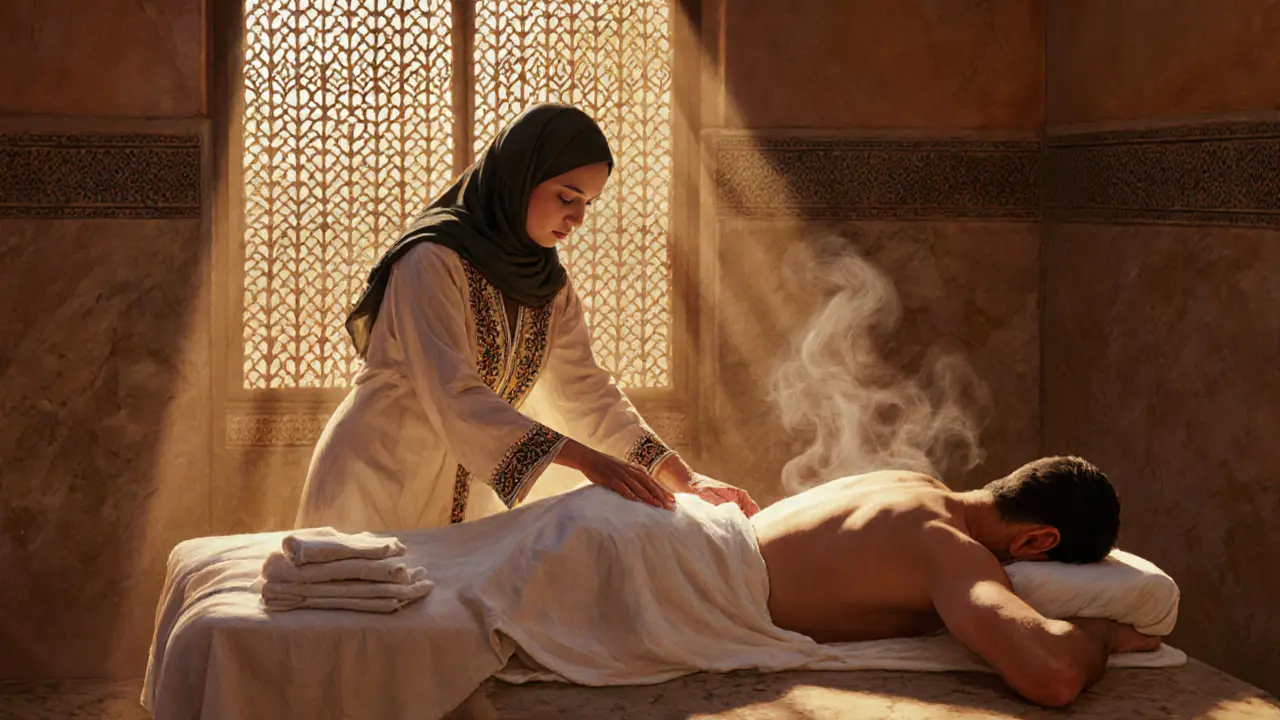Massage Legality in Dubai: What You Need to Know
Massage legality in Dubai is a hot topic for anyone looking to book a treatment. When working with Massage Legality in Dubai, the set of laws and cultural guidelines that decide which massage services are allowed, who can provide them, and how they must be delivered under UAE law, you quickly realize it ties together several key areas. Male Masseuse, a male‑trained therapist who offers professional massages is a common request, but the legal framework restricts who may perform certain techniques and where. Massage Etiquette, the accepted customs for behavior, dress and communication during a session also shapes what’s permissible in a spa setting. The law requires spas to register with local authorities, follow Spa Regulations, UAE standards covering licensing, hygiene, and therapist qualifications, and enforce proper staffing ratios. Finally, Tipping Etiquette, the cultural norms around gratuities for service staff in Dubai influences how clients interact with therapists after a session. These entities together form a network: massage legality in Dubai encompasses gender preferences, mandates compliance with spa regulations, shapes etiquette, and even guides tipping practices. Understanding this web helps you stay on the right side of the law while enjoying a relaxing experience.
How the Rules Affect Your Spa Experience
First off, any reputable Dubai spa must have a valid license that aligns with the UAE Ministry of Health requirements. This means the establishment has passed inspections for cleanliness, therapist certifications, and proper record‑keeping. When you walk in, the front desk will often confirm the therapist’s credentials, especially if you request a Male Masseuse. The law permits male therapists to treat female clients, but they must operate in gender‑segregated areas or provide a private suite to respect cultural norms. That’s why you’ll notice separate reception desks or signage indicating “men’s only” or “women’s only” zones. Massage Etiquette plays a big part here: you’re expected to dress modestly, avoid excessive physical contact that could be misinterpreted, and follow the therapist’s instructions about positioning. If you’re unsure, ask the staff—clarifying expectations is part of the etiquette and protects both you and the therapist.
Pricing and gratuities are also shaped by the legal landscape. Spa Regulations set minimum wage standards for therapists, which indirectly affect the rates you see on the menu. Luxury venues often bundle extra services, but the core treatment price must reflect the licensed cost of the therapist’s time. When the session ends, Tipping Etiquette in Dubai is optional but appreciated; a 10‑15% tip aligns with local customs, yet it’s not mandatory. Some spas include a service charge, so double‑checking your bill avoids surprises. By understanding how each of these entities interacts—legal licensing, gender‑specific services, etiquette norms, regulatory pricing, and tipping customs—you’ll be able to book confidently, enjoy a culturally respectful session, and stay fully compliant with Dubai’s massage legality framework. Below, you’ll find a curated set of articles that dive deeper into each of these topics, offering practical tips, FAQs, and step‑by‑step guides to help you navigate the Dubai spa scene with ease.
Find out if female-to-male massage is legal in Dubai, what licenses are required, and how to choose a safe spa. A clear guide for tourists and residents.

